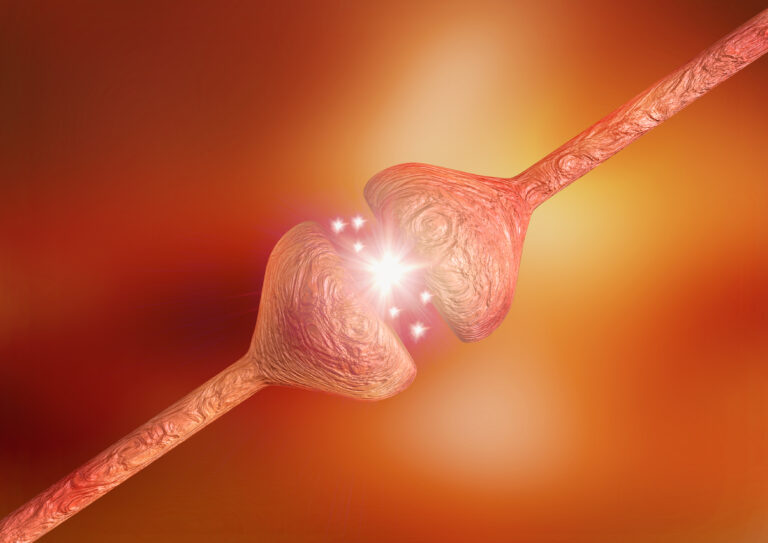Whether you should eat before or after taking supplements depends largely on the type of supplement, its solubility, and how it interacts with your digestive system. Different vitamins and minerals have different absorption requirements, and timing can influence their effectiveness and your body’s tolerance.
**Water-soluble vitamins** such as vitamin C and B-complex vitamins generally do not require food for absorption because they dissolve in water and are absorbed directly into the bloodstream. You can take these vitamins with or without food. However, some studies suggest that taking vitamin C in the evening might be linked to better heart health and longevity, and taking it before meals could reduce inflammation after high-fat meals, though more research is needed to confirm these effects[1]. Folate and vitamin B12, both water-soluble, are best taken on an empty stomach before meals to maximize absorption and effectiveness[2].
**Fat-soluble vitamins** like vitamins A, D, E, and K require dietary fat for optimal absorption. Taking these supplements with a meal that contains healthy fats significantly improves their uptake. For example, vitamin D is best taken with a full meal that includes fats, and many experts recommend morning intake since vitamin D levels naturally peak during daylight hours due to sun exposure[3].
**Minerals** such as iron are better absorbed when taken with vitamin C but can cause stomach upset if taken on an empty stomach. Iron supplements are often recommended to be taken with food to reduce gastrointestinal discomfort, but this can reduce absorption slightly. Calcium supplements vary: calcium carbonate should be taken with food for better absorption, while calcium citrate can be taken with or without food.
**General guidelines for supplement timing and food intake:**
– **Take fat-soluble vitamins with meals containing fat** to enhance absorption.
– **Take water-soluble vitamins on an empty stomach** or with food depending on tolerance and specific vitamin (e.g., B12 and folate before meals).
– **Minerals like iron may require food to reduce side effects**, but pairing with vitamin C can improve absorption.
– **Avoid taking certain supplements with high-fiber or calcium-rich meals** if they interfere with absorption (e.g., iron and calcium can compete).
– **Follow specific product instructions and consult healthcare providers** to tailor timing and dosing to your individual needs[1][2][3][5].
It is important to note that supplements should not replace a balanced diet rich in natural sources of nutrients. Overuse or improper use of supplements can lead to toxicity or adverse effects, including liver damage in some cases[5]. Always discuss supplement use with a healthcare provider to ensure safety, appropriate dosing, and to avoid interactions with medications or other supplements.
In summary, whether to eat before or after taking supplements depends on the supplement type:
| Supplement Type | Best Timing Relative to Food | Notes |
|———————-|————————————-|——————————————–|
| Water-soluble vitamins (B-complex, C) | Usually empty stomach or with food | B12 and folate best before meals for absorption[2] |
| Fat-soluble vitamins (A, D, E, K) | With meals containing fat | Vitamin D absorption improved with fat[3] |
| Iron | With vitamin C, preferably with food | Food reduces stomach upset but may reduce absorption[1] |
| Calcium | With food (calcium carbonate) or anytime (calcium citrate) | Avoid taking with iron simultaneously |
Choosing high-quality supplements from reputable sources and following dosing instructions is crucial. Third-party testing seals (e.g., USP, NSF) can help ensure product quality[5]. Always inform your healthcare providers about any supplements you take to avoid potential risks and optimize benefits[4][5].
—
**Sources:**
[1] GoodRx – When Is the Best Time to Take Vitamins?
[2] DrOracle.ai – Should folate and vitamin B12 supplements be taken before or after food?
[3] Cleveland Clinic – The Best Time of Day To Take Vitamin D
[4] Duly Health and Care – Do Dietary Supplements Actually Work – and Are They Safe?
[5] University Hospitals – Could Supplements Be Harming Your Liver?





